Podcast: Play in new window | Download
Subscribe: RSS
Chip Munn is the CEO of Signature Wealth Group. After leaving teaching, Chip joined the financial services profession and, since then has gone on to build a wealth management enterprise with 10 advisors and over $1.3 billion under management. In addition to running Signature Wealth Strategies, he’s also the host of the new podcast, Maximum Advisor.
Take away quote: “You want to be efficient in the things that the client can’t see, and personalized in the things that they can.” @chip_munn
Show Timeline:
06:10 Fundamental changes to how we work in this climate
09:26 Transitioning to video conferencing meetings as a necessity and opportunity
12:51 What it means to be a Maximum Advisor and to grow as an advisor
23:36 Creating a consistent and repeatable client experience
26:40 Ways to set an advisor apart by driving deeper engagement
31:54 Principles for creating enduring success as a financial advisor
33:40 Leveraging the current environment to set yourself apart
34:24 Positioning yourself to increase referrals through “sharing and helping”
Links:
Website: https://www.maximumadvisor.com
LinkedIn: https://www.linkedin.com/in/chip-munn-33120a2/
Want more?
Stephen Wershing: http://advisorchecklist.com/blog/
Julie Littlechild: http://www.absoluteengagement.com/blog
Episode Transcript:
Steve Wershing:
Welcome to Becoming Referable, the podcast that shows you how to become the kind of advisor people can’t stop talking about. I’m Steve Wershing. On this episode, we speak with Chip Munn, who’s CEO of Signature Wealth Group. After leaving teaching, Chip joined the financial services profession at age 22, and since then, has gone on to build a wealth management enterprise, with 10 advisors and over $1.3 billion under management. In addition to running Signature Wealth Strategies, he’s also the host of the new podcast, Maximum Advisor.
Steve Wershing:
Now, we recorded this episode just a couple of weeks after the beginning of the coronavirus crisis and the associated market decline and volatility, so we start our conversation talking with Chip about what he’s finding successful in helping coach clients through this difficult time. We talk about how he’s keeping a pulse on client feelings by, among other things, convening an unscheduled and virtual version of his client advisory board that he’s run for some time. We discuss how he believes we will all be about 20% different in how we approach our professions after this crisis is over. Chip reviews with us his eight principles for making a successful advisory business. And stay through to the end, where Chip talks about how he believes this market can be a huge opportunity for building business and attracting referrals. There are lots of great tips on how to become a thriving advisory firm, even in this difficult market. And so, here now is our conversation with Chip Munn.
Steve Wershing:
Chip Munn, welcome to the Becoming Referable podcast. Thanks for joining us.
Chip Munn:
Absolutely. Thank you for having me.
Steve Wershing:
So, Julie and I want to ask you a whole bunch about Maximum Advisor, and about Signature, and about all of your stuff, but we’re recording this after the first week of the big market correction, and we’re all quarantined at home. So we’d like to start out, actually, by talking a little bit about how you are adapting to this, because I think sharing that experience would be valuable… and if you want to tell us a little bit about your network, I know you have about 10 or so offices, if that’s right? And so, how are you adapting to this new environment, and what kinds of interesting things are you finding that are working for you and for clients?
Chip Munn:
Well, for all of us, it’s been a time of transition, right? Not only for us in learning how to do business, but also… or how to do business in this environment, but also for our clients. And so, one of the toughest things I’ve found for our advisors… so we have, as you mentioned, we have 10 offices throughout North and South Carolina, and Kentucky. And, yeah, as I talk to advisors, really, the toughest thing in this first week has been balancing the things that you need to know, or skills that you need to run in this environment, while also being there for clients in a more enhanced way.
Chip Munn:
One of the things that we’ve had a good experience with this week in taking our operation completely virtual is that, yeah, having multiple offices, we’ve had to experiment and figure out things like the technology component, how to develop a virtual culture, and to work with… I’m a big believer in Dan Sullivan and Strategic Coach’s concept of unique ability. And so, one of the things that we decided early on was we wanted to be able to have virtual folks who were incredibly good at what they do, and we’re based in Florence, South Carolina, and there aren’t a lot of people… I joke that Florence is a good place to be from. There aren’t a lot of people who are the best in their field, with the exception of probably in our case, of medicine, which is good right now, who are actively looking to move. Folks want to be in a bigger place, and we want to be able to work with the best.
Chip Munn:
And so, we have really made a commitment that over the last couple of years, and it’s been to our benefit in the last week, in that we’re really comfortable with tools like Zoom. We moved about eight months ago to a VoIP phone system. So right now, our folks have their office phones at their desk. If a client were to call our office, I mean, it literally is… while we are kind of dislocated and dispersed operationally, we’ve been able to operate pretty well.
Chip Munn:
Yeah, it’s been a fairly seamless transition, but it’s because we already had to figure a lot of it out. And so, that’s been the biggest thing, but managing that, plus also, again, keeping up with… not only do I do what I do with our advisors and Signature, but yeah, I still have clients. And so, communicating to them, and managing their emotions and expectations has been… I think that’s the tough balance for a lot of us.
Julie Littlechild:
I’m interested in your perspective on what you will carry forward from this. I was playing around with some things, just wording the other day for a post, and I had sort of come up with this idea that working from home isn’t just about doing the same things from a different location; it’s actually causing us to work a little differently and to think a little differently. So do you see some fundamental changes that you might carry forward?
Chip Munn:
Yeah, I think that I’ve developed recently, kind of the theory that coming out of this time, we’re going to be what I call 20 percent different. I think that we’re going to see a lot of people who have experienced virtual work, that they want to… I don’t think that they’re going to all of a sudden quit wanting to come into the office, necessarily; they may want to come in 20 percent less. I think that there may be folks who right now are really amping up their content creation by 100 percent, and I think it’s human nature for people to regress back to what they’re comfortable with, but I don’t think that we’re going to go all the way back. I think that most people are going to be, again, in my way of thinking, 20 percent different when we come out. I think that if people have doubled their content creation-
Julie Littlechild:
Mm-hmm (affirmative) And figured out how to do that at a busy time, right?

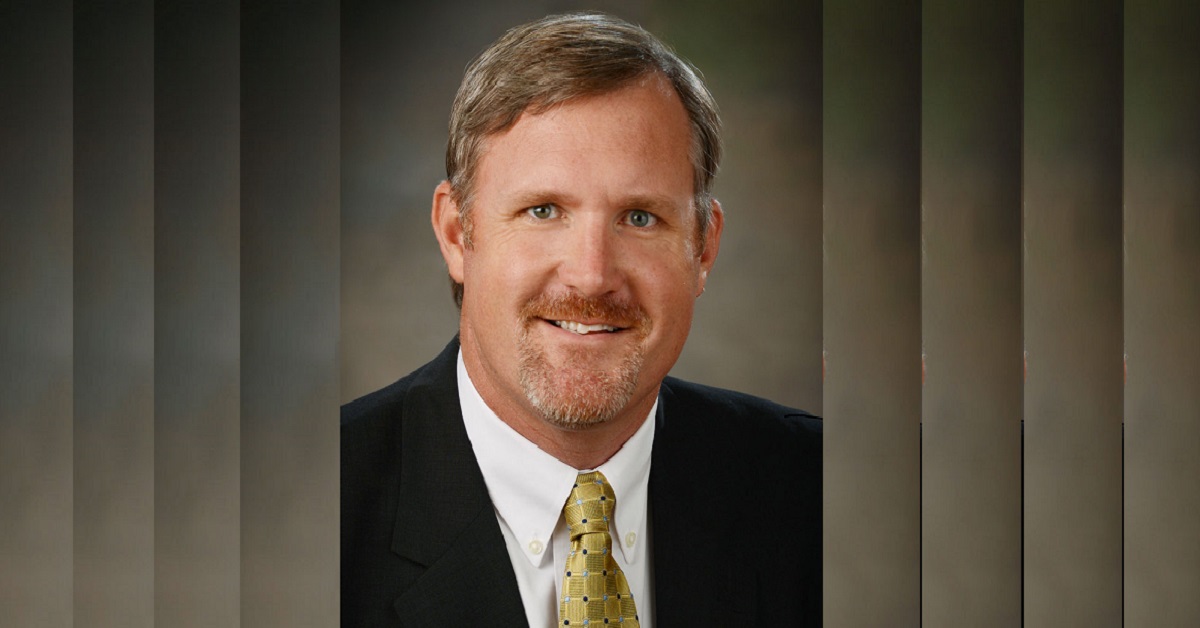
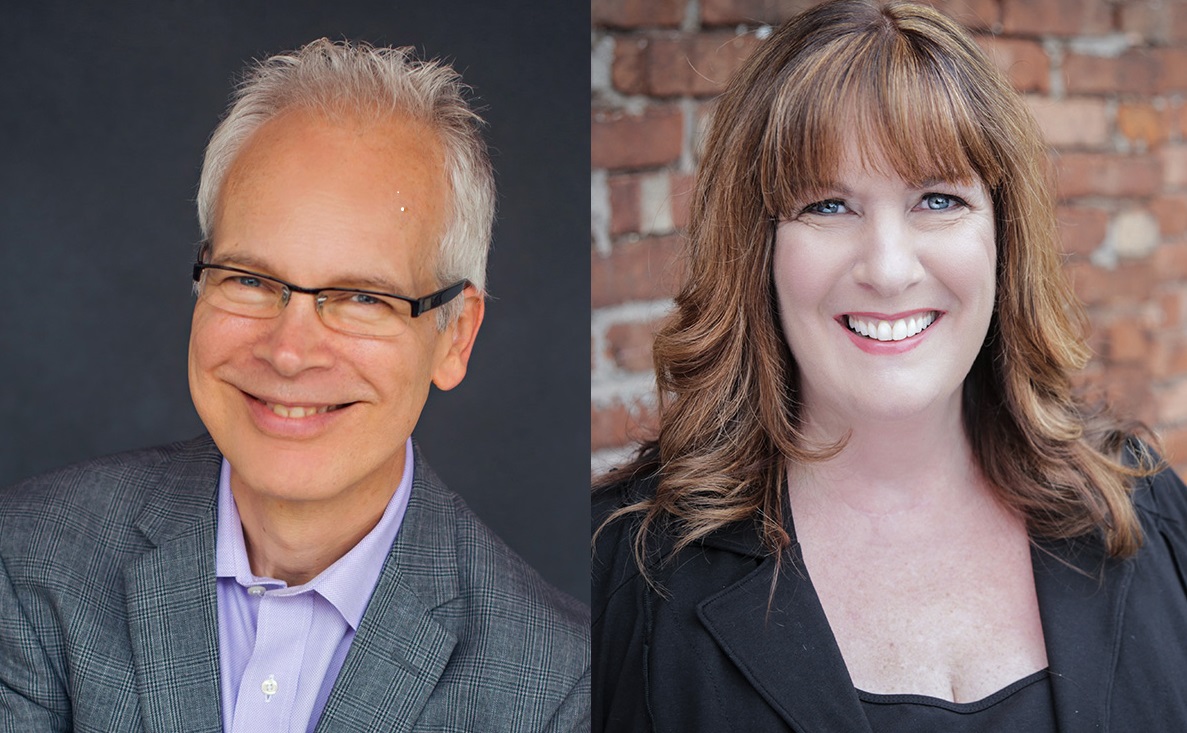
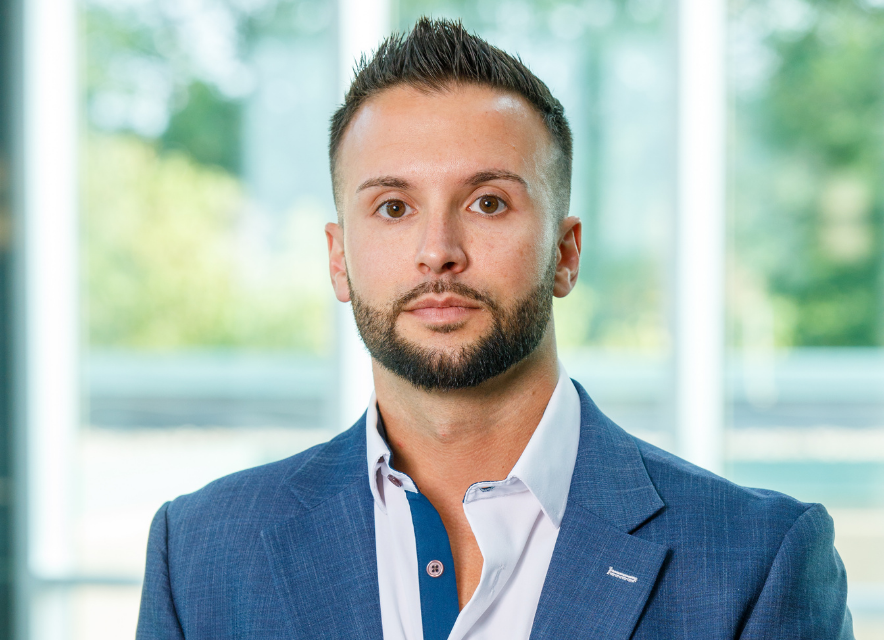
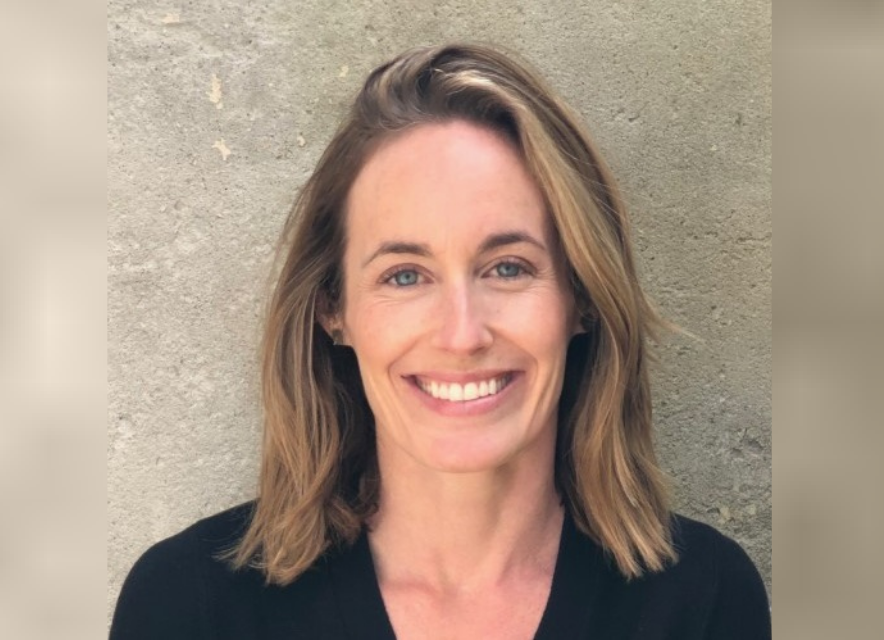
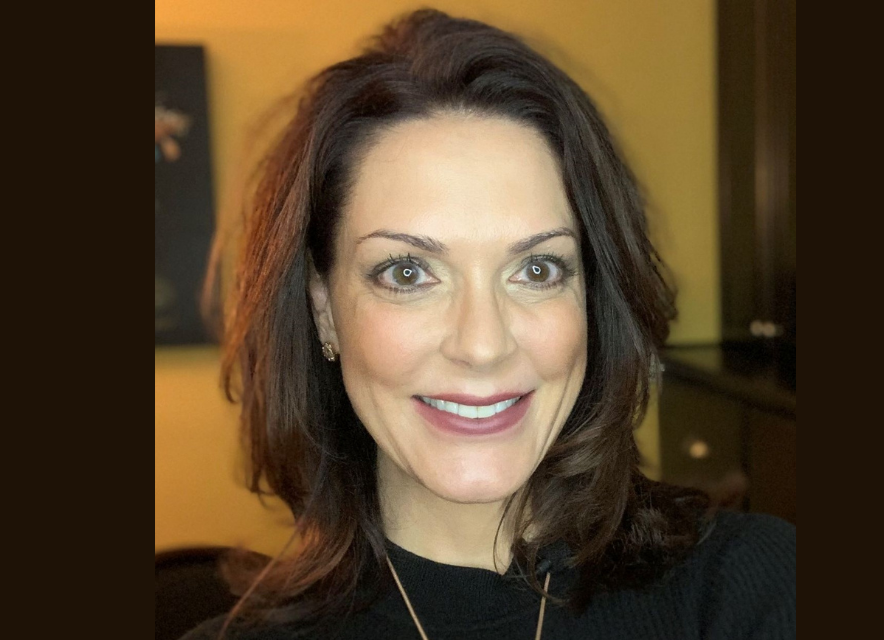
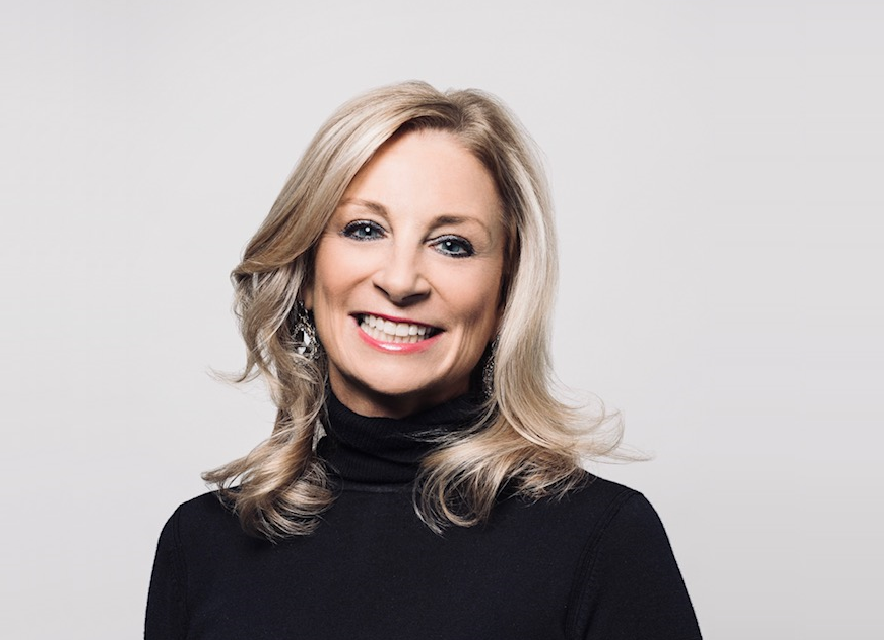
Leave A Comment